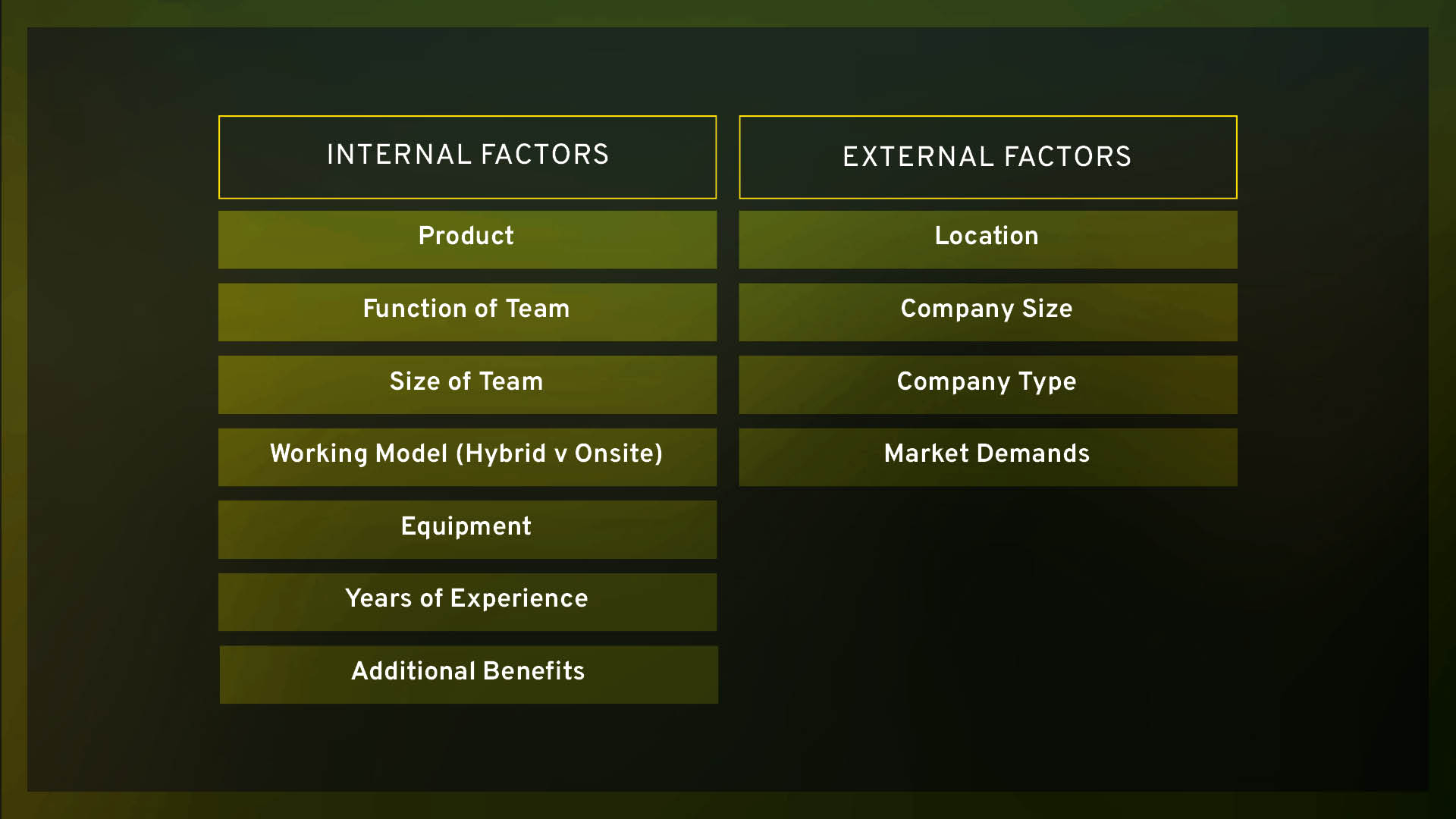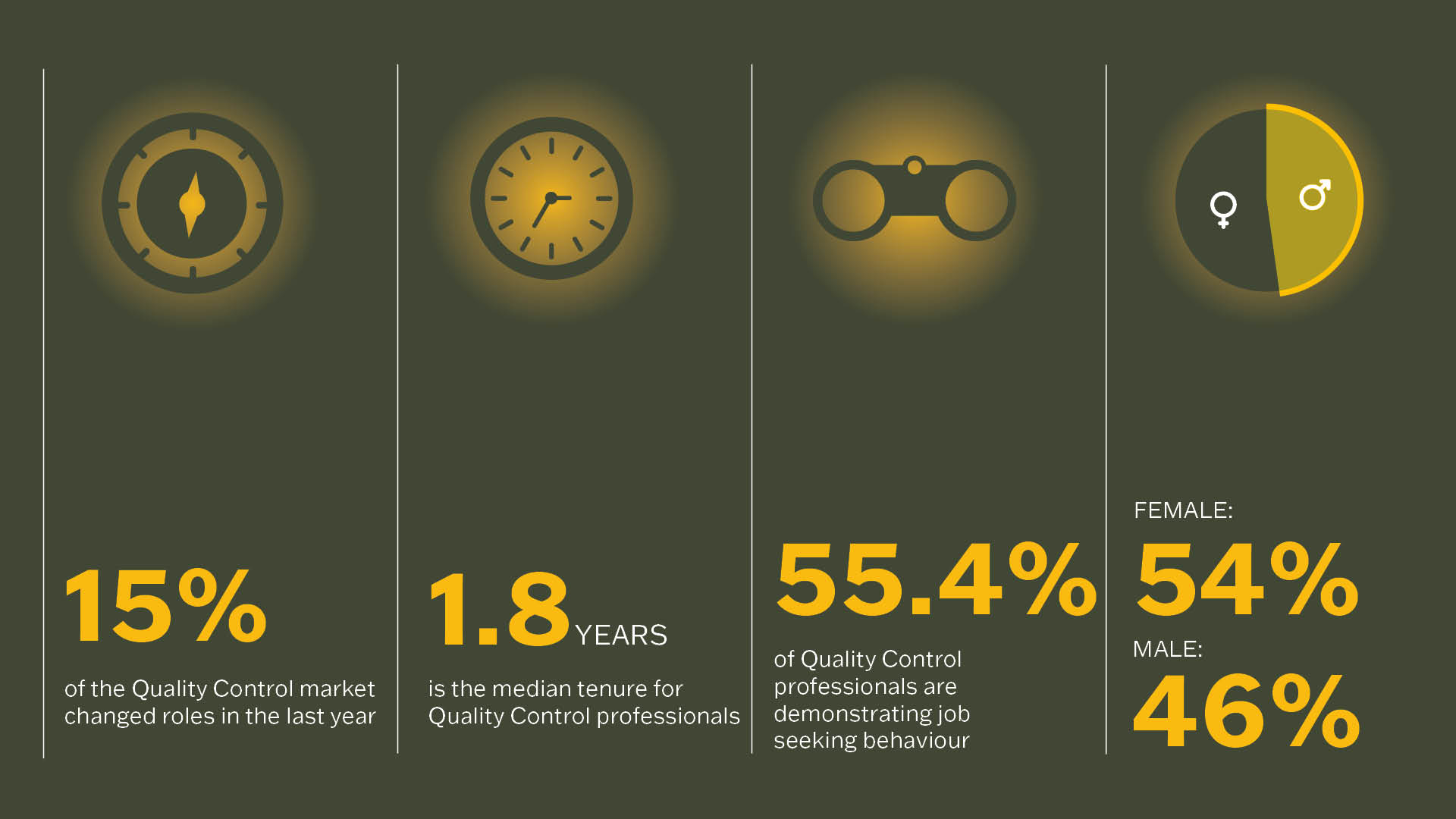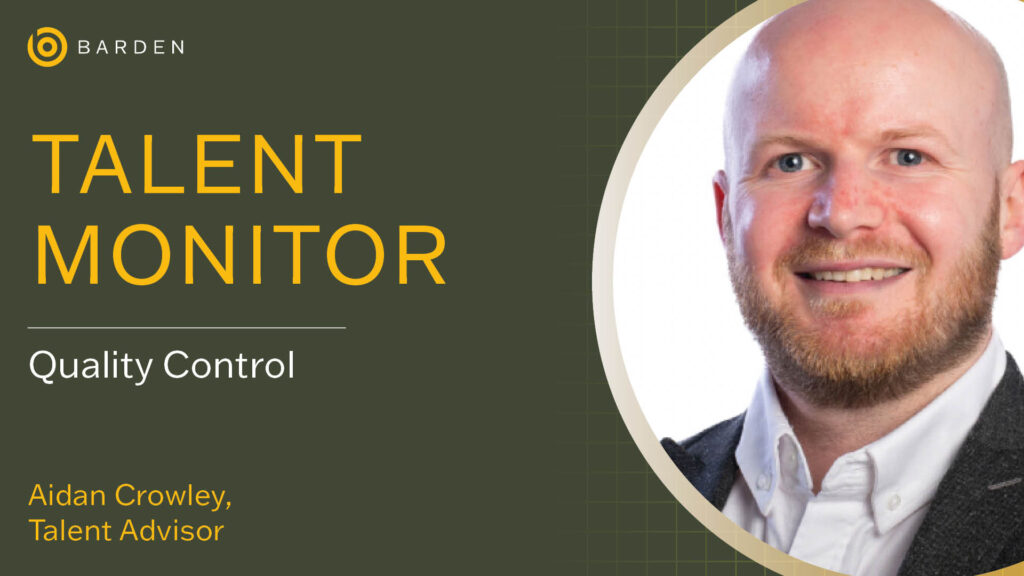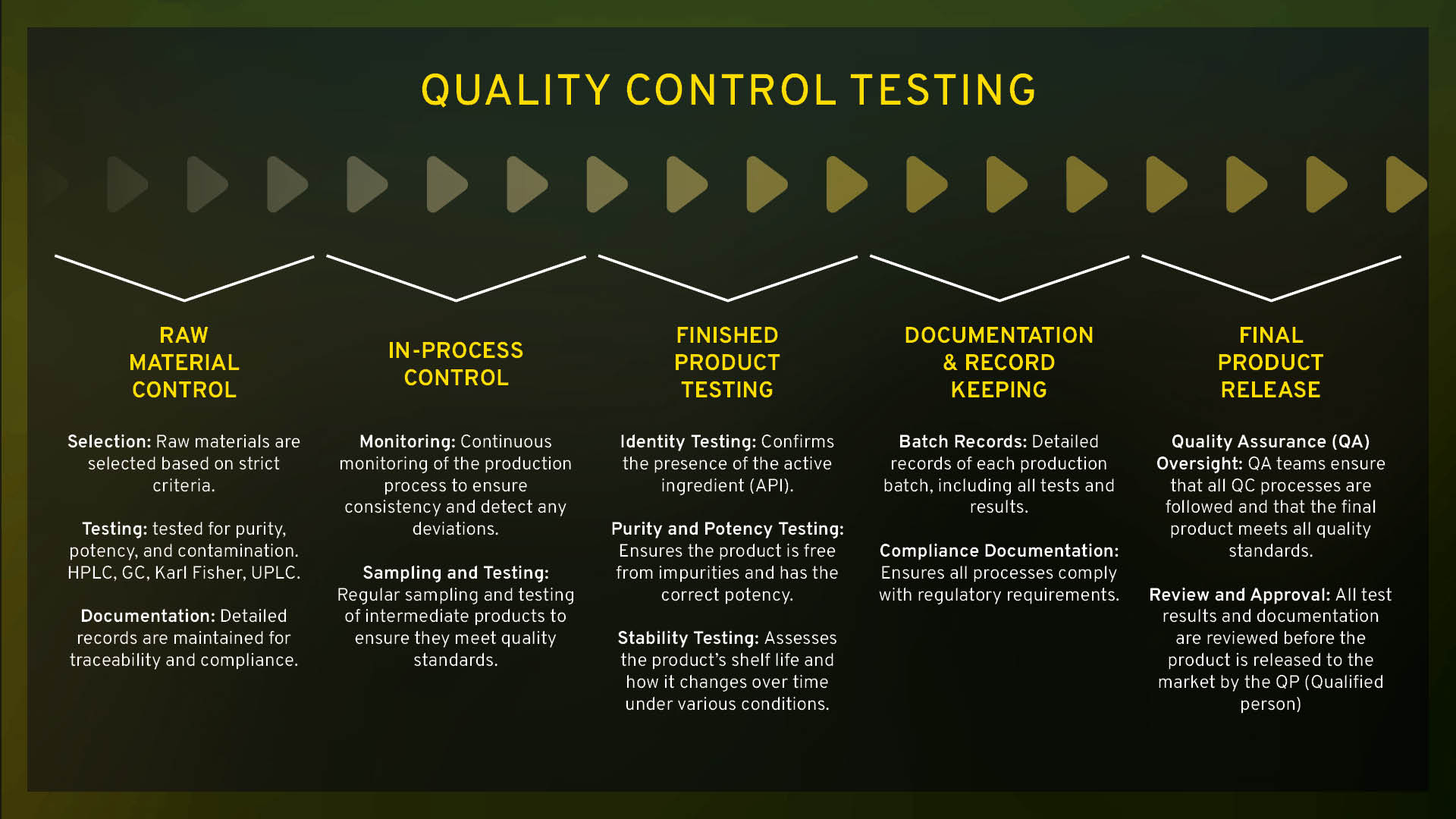Ireland’s life sciences sector has a global reputation for operational and innovational excellence. With over 90 Pharmaceutical companies based here, Ireland is the world’s third largest exporter of pharmaceuticals, with €116+ Billion annual exports. The sector continues to evolve, expanding its capabilities to include innovation, digitalisation and next-generation technologies.
At the cornerstone of the industry sits the Quality Control profession. Quality Control testing in the pharmaceutical industry ensures the safety, efficacy, and consistency of products through rigorous analysis at every stage, from raw materials to finished products. The comprehensive QC process builds trust and reliability in pharmaceutical products by maintaining the highest of standards of quality throughout production.
#1 Continuum of Activity
While the above captures in a simplistic way the nature of activities in QC, it’s important to note that roles will differ from one another depending on additional variables, which affect roles and salaries, and are further detailed in the Salary section below.
A synopsis of the key additional variables affecting the continuum of activity include:
- Function of team – Chemistry, Potency, Microbiology, Bioassay
- Product: Oral Solid Dose, Biopharmaceuticals, Vaccines, Injectables, Topical Products, Inhalation Products
- Equipment – HPLC, GC, UV-Vis, Karl Fisher, Dissolution systems, Mass Spectrometry, Autoclaves, incubators, centrifuge
- Company Type: Big Pharma, CDMO, CMO, Generic Pharma
#2 Base Salary
Salaries mean nothing without context. A salary figure on its own doesn’t provide a complete picture of compensation. The true value of a salary is influenced by multiple factors *see index 1 further down.
This Barden salary monitor provides a comprehensive overview of real time salary ranges for this quarter within the pharmaceutical industry. However, it is important to consider that numerous additional factors can influence these figures, in particular if a role sits on the higher or lower end of the above scales.
Without this context, it is difficult to accurately assess the real worth of a compensation package. Understanding these elements is crucial for evaluating the full value of a salary.

As mentioned above, salaries are influenced by multiple factors. We have divided these factors into 2 subsections – Internal and external factors
- Internal factors are elements within an organisation or related to the individual that influence salary levels
- External factors are elements outside the organisation that influence salary levels
By taking these factors into account, we can gain a more nuanced understanding of the compensation landscape in the Quality Control profession (some of which are cited already above).
*Index 1

Internal factors that affect salary include:
- Function of team – The function within a QC team (Chemistry, Microbiology, Potency & Bioassay) in the pharmaceutical industry can significantly impact salary due to the varying levels of responsibility, expertise, and impact on product quality. Entry level positions conducting routine analysis compared with Senior Analysts conducting more complex analysis that may include method development will have varying salaries (revert back to salary guide)
- Product: Product Type and complexity will affect the salaries on offer – the more complex a product, the more skilled talent is required – examples of key products include: Oral Solid Dose, Biopharmaceuticals, Vaccines, Injectables, Topical Products, Inhalation Products
- Size of team – Small specific testing lab teams can offer higher salaries v larger teams focused on standard testing
- Working models – Fully onsite v Hybrid options – Hybrid offers flexibility, cost savings (commuting, childcare) and access to a wider talent pool allowing for less salaries. Fully onsite with additional overhead costs (commuting, additional childcare costs), geographic limitations for talent will increase the potential for higher salaries to attract talent
- Equipment – The equipment a QC professional works with in a pharmaceutical / Biopharmaceutical site can significantly impact their salary due to the specialised skills and knowledge required to operate and maintain these advanced instruments – HPLC, GC, UV-Vis, Karl Fisher, Dissolution systems, Mass Spectrometry, Autoclaves, incubators & centrifuges
- Years of experience – Years of previous experience impacts salary significantly because it often correlates with a deeper understanding of the role, industry-specific knowledge, and a proven track record of success
- Benefits and Perks: In addition to base salary, companies offer various benefits such as annual bonuses, Private health insurance, pension and life assurance as standard. The level of health coverage and bonus and pension percentages can vary with each company along with pension type (Defined Contribution or Defined Benefit). For more Senior positions, companies offer additional benefits in RSU (Restricted Stock Units), Car allowance, Sign on bonuses
External Factors:
- Location: Salaries can vary depending on the specific location within Ireland. Dublin would offer a higher salary rate compared to the rest of Ireland. This is primarily due to much higher cost of living
- Company Size: Larger pharmaceutical companies typically have more resources and a bigger budget, allowing them to offer higher salaries to attract and retain top talent
- Company Type: Each type of pharmaceutical company has its own set of factors that influence salary
- Big Pharma: Dominant market players with a global reach. The competitive market for top talent leads to higher salaries to attract and retain skilled professionals
- CDMOs and CMOs: Dependent on contracts from other companies. Market demand for their specialised services can drive salary levels up or down
- Generic Pharmaceutical Companies: Operate in a highly competitive market focused on cost efficiency. Salary structures may reflect the need to maintain low production costs
- Market Demand: The demand for QC professionals can fluctuate based on industry trends, regulatory changes, and the overall economic climate, this in turn will directly affect salaries
#3 Demand vs Supply / Talent Availability
In the pharmaceutical industry, the balance between demand and supply is crucial, especially when it comes to talent within Quality Control profession (QC). As the industry grows and evolves, the demand for skilled QC professionals increases.
Here’s what we’ve noticed this quarter in the Quality Control talent pool in Ireland:

In Barden, we understand that each team, role, and requirement is unique. If you would like to discuss what tactics and approaches would suit you, please feel free to contact Aidan Crowley our Quality Control Talent Advisor & Recruiter here in Barden (aidan.crowley@barden.ie); we’re where leaders go before they start hiring Quality Control talent.
This information is accurate as per January 2026 and will be updated periodically. Data sources include Barden Proprietary Data, LinkedIn Analytics and other 3rd party data sources. If you have a request and would like real-time information to inform your hiring decisions, contact Aidan Crowley at aidan.crowley@barden.ie.


 Jump Back
Jump Back


